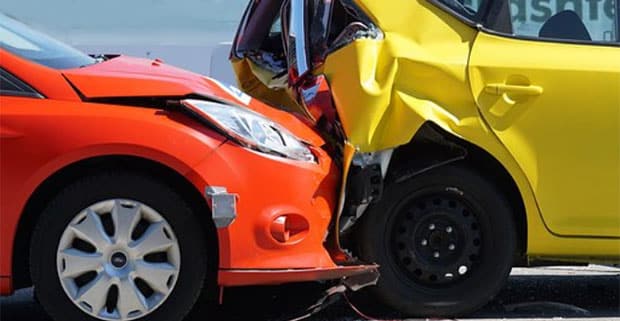5 Steps to Dealing with Emergencies Abroad
Travelling abroad is an exciting activity that millions undertake each and every year. Whether embarking on beach holidays or jetting off for city breaks, every holiday type comes with its joys but unfortunately, they come with risks too. When we fly to exotic places abroad, the last thing on our mind is the emergencies we could find ourselves in, and it’s for this reason that thousands are unprepared for emergencies while away. In some cases where a disabled individual requires mobility scooters, for instance, it can get to a point where the situation just feels out of control. To help you out, we’ve pulled together five tips to help you deal with and prepare for emergencies while abroad.
Have An Emergency Fund
Experiencing a sudden shortfall of funds while abroad could be attributed to a host of different causes, and most are likely to be out of your control. Whether through theft, loss or another emergency that demands more money than you might have with you, getting the cash you need quickly can seem impossible. Instant loans may be available online to bridge the financial shortfall in emergencies, such as an unexpected medical bill if you’re injured. Here you can get the money you need almost instantaneously and instant loans often come with repayment periods of up to three months.
Be Informed
Knowledge is everything when it comes to travelling, and you can never be too well prepared. Knowing the area to the best of your ability, taking note of government warnings before and during your break, and making yourself aware of local culture are all key ways to ensure that you stay in the know and remain safe while travelling.
Make Sure You Have The Number For Your Embassy
The embassy for your home country in the country you are visiting is your port of call in emergency situations. If you need medical assistance, legal representation, have lost your passport or anything that might require authority, the embassy is the place to go – or, well, call. Having the number listed in your phone’s address book, and a copy of it elsewhere in case you happen to lose your mobile phone is important to ensure that you have a lifeline while abroad.
Be Aware Of Tourist Comfort Zones
Wherever you go, there is likely to be a “tourist-friendly” area. While this isn’t often advertised, this basically refers to an area where tourists can travel safely and are often found. Landmarks, chain restaurants, multi-lingual stores and more are usually located in these tourist hotspots so it’s likely that you’ll gravitate to these regardless, but if you do plan on venturing away from the centre of the action, make sure you know where you can go, when it is safe to go, and exactly where not to go.
Keep Your Important Documents Safe At All Times
Your passport, airline or bus boarding passes, hotel documents and travel/emergency evacuation insurance documents are your safeguards while travelling and you need to keep them safe at all times. Store them separately from your suitcases if you have to, and keep them on your person while travelling to and from your destination. While the embassy may be able to help in the event that any of these are lost, the stress and panic you could suffer prior to this help just aren’t worth the hassle!
It’s also a good idea to keep your medical history with your important documents, especially if you have a rare blood type or are allergic to certain substances such as penicillin. One space-saving way to do this is to copy your medical files onto a USB (Universal Serial Bus or Memory Stick) before you leave home. Tape over one or even both sides of the of the USB and mark a large, red medical cross to identify its content.
With our tips, dealing with and preventing emergencies abroad can be made much easier. There is plenty you can do to stay safe. Whether you familiarise yourself with safety procedures and the local customs or ensure that you have all of the important documents and numbers on your person at all times, travelling should never be a daunting prospect.





